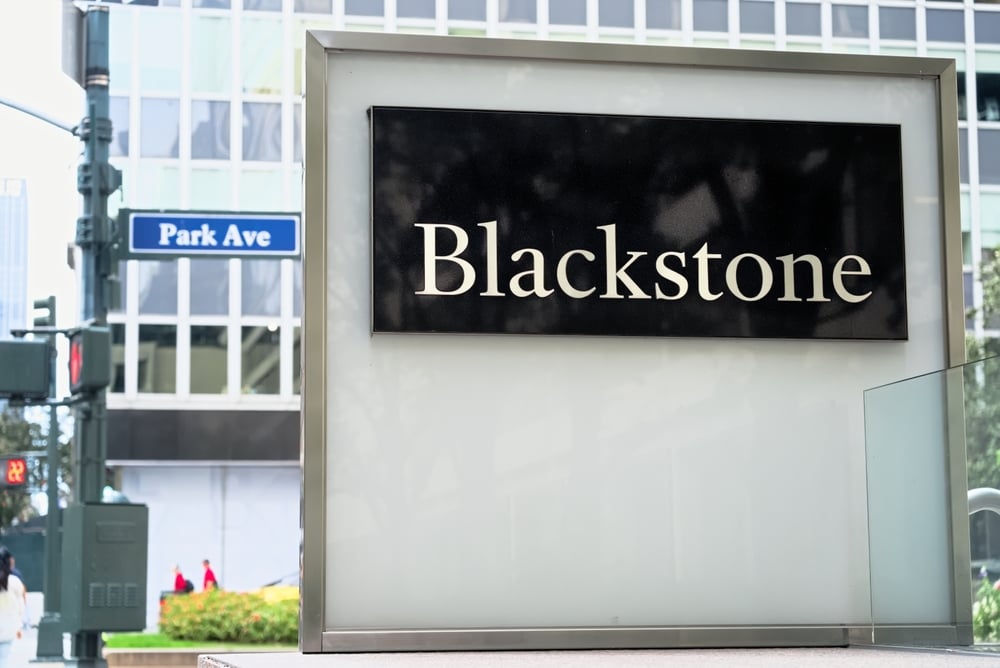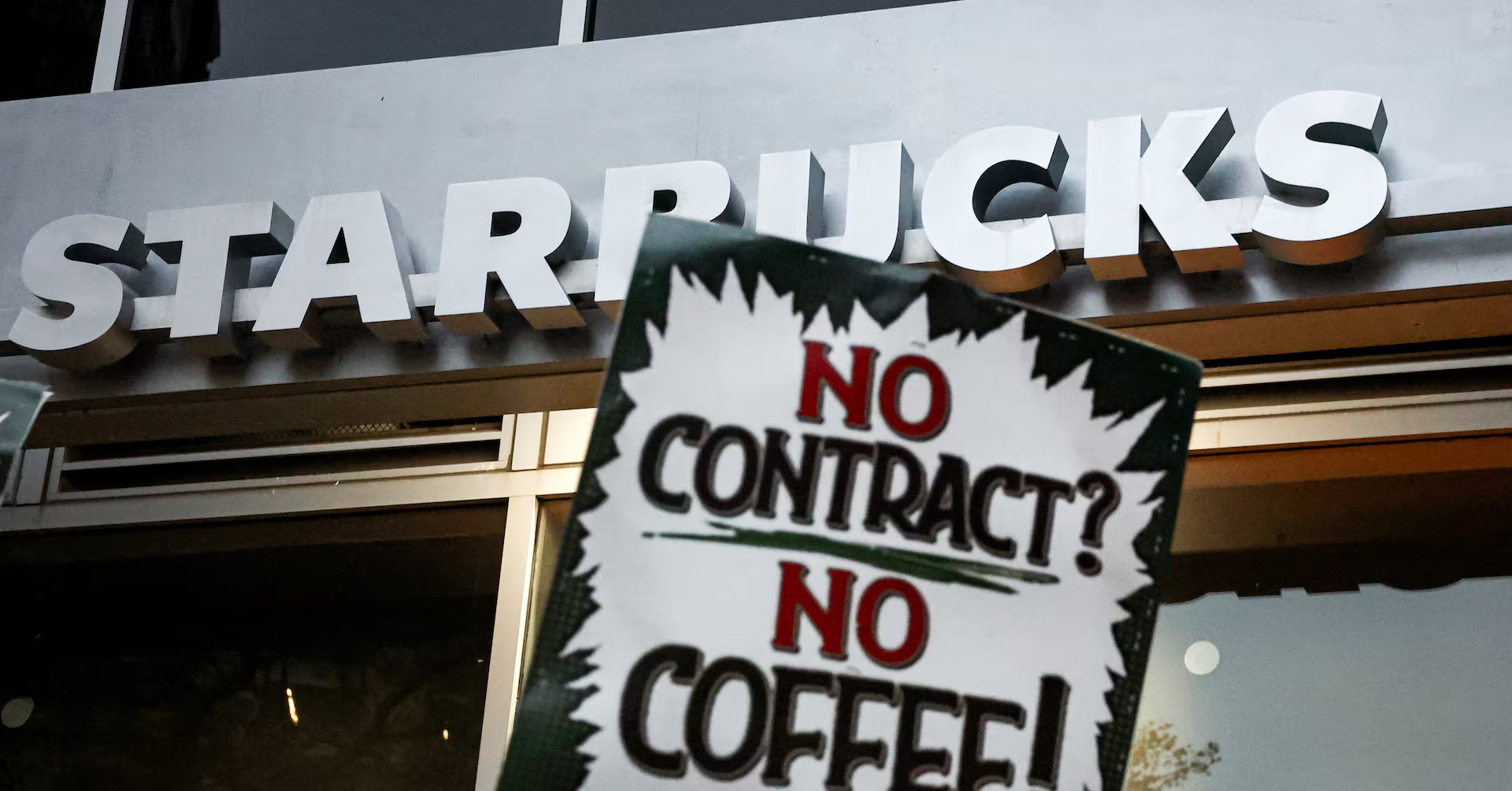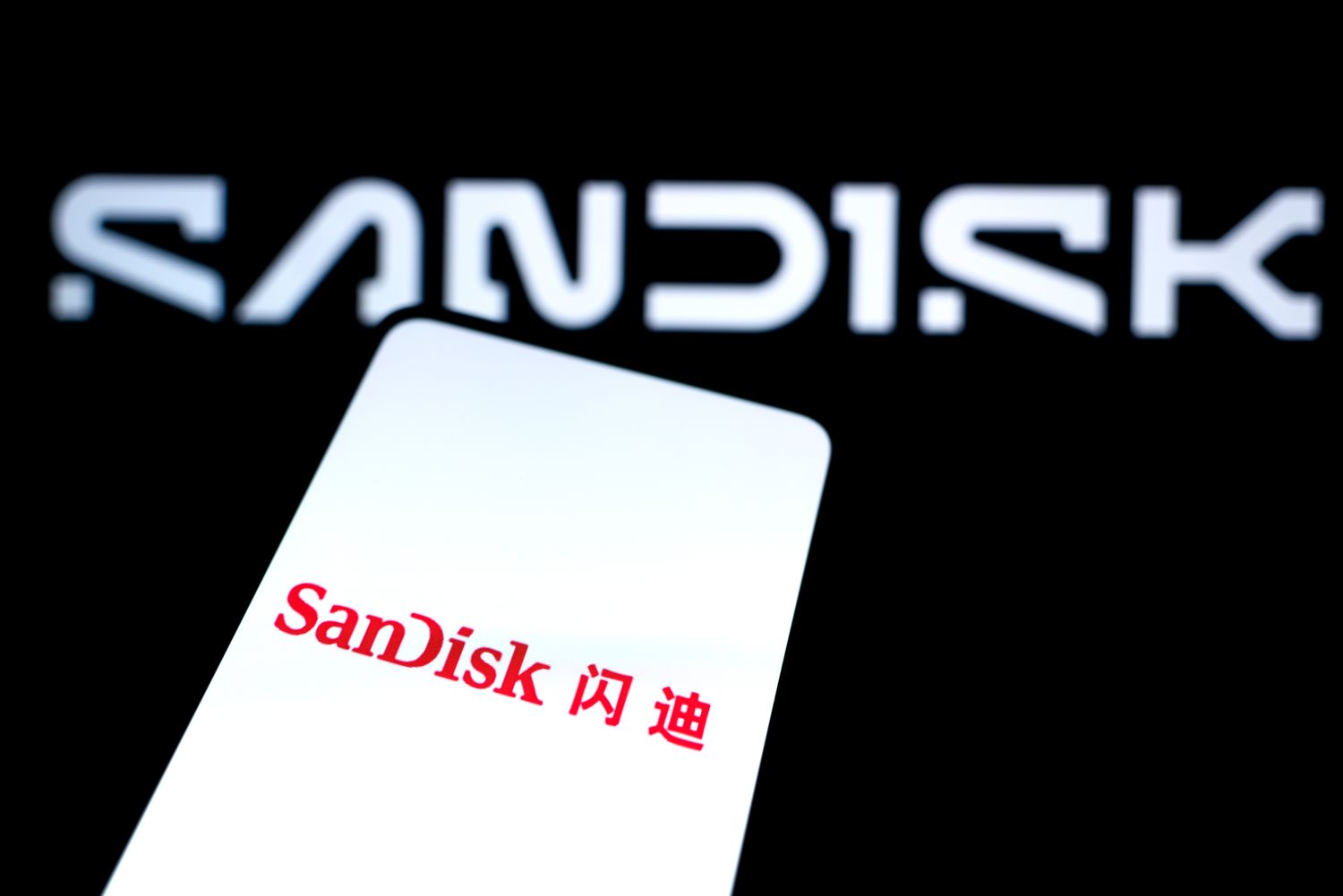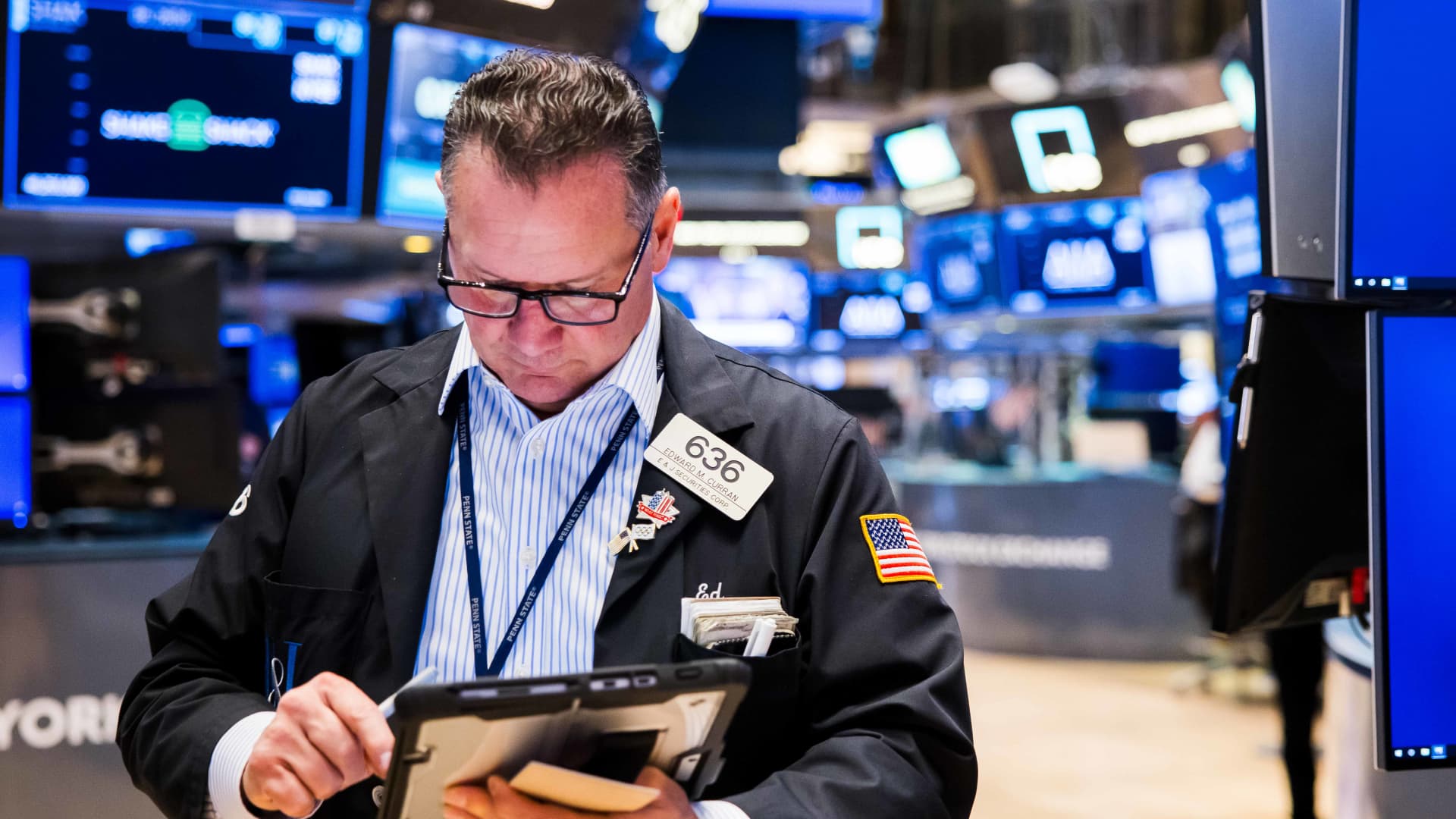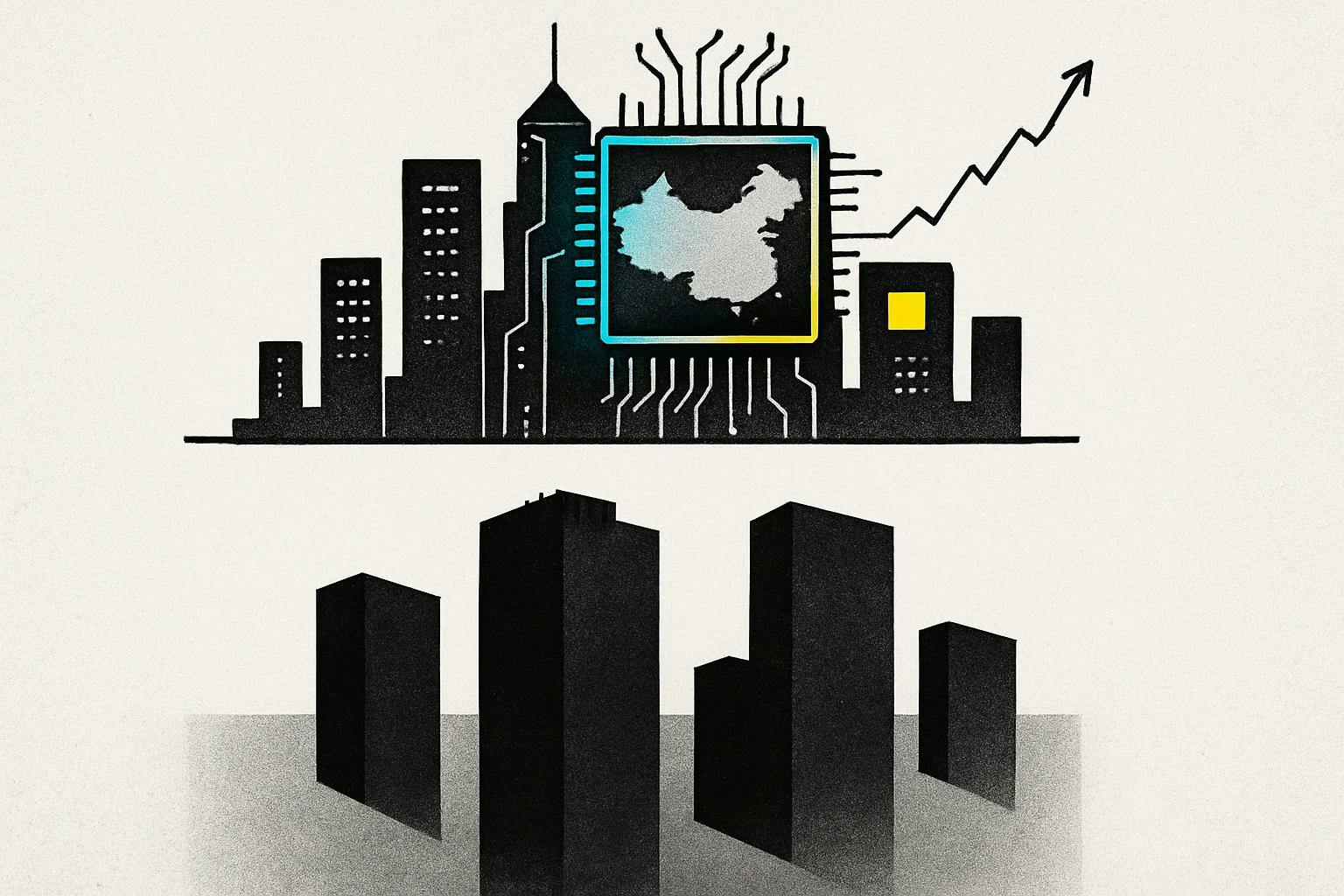Introduction
Recently, the concept of enhanced recovery after surgery (ERAS) has gained traction, giving rise to growing interest in the promotion of postoperative rehabilitation. This is to improve patients’ postoperative experiences and functional recovery at an early stage. Total knee arthroplasty (TKA) is a common surgical procedure performed in the elderly with the primary objective of relieving pain and improving mobility and enhancing the quality of life.1
Frailty is a clinical syndrome characterized by diminished reserve function of multiple physiological systems,2 which increases the vulnerability of an organism to internal and external stressors and reduces an individual’s ability to recover from stressful events (anesthesia and surgery). A study demonstrated a high prevalence of frailty in the elderly population undergoing surgical treatments, with rates ranging from 10% to 46%.2 A limited number of previous studies also showed a correlation between preoperative frailty and poorer functional outcomes in hip and knee replacements.3,4 The quality of postoperative recovery (QoR) is significantly lower in frail patients compared to non-frail patients.
One study showed that the physiological repair capacity of frail patients was impaired, rendering them susceptible to homeostatic imbalances in the presence of endogenous or exogenous stressors.5 This homeostatic imbalance is caused by dysfunctions in the regulation of multiple organ systems (eg, blood pressure, pulse, and blood glucose) has a significant impact on the recovery of the organism in the postoperative period.6 A recent report noted that in elderly patients undergoing non-cardiac surgery, frailty was associated with an increased incidence of intraoperative hypotension and a greater susceptibility to intraoperative hemodynamic instability.7 Intraoperative hemodynamic instability increases the risk of nonoperative complications after orthopedic surgery and reduces the quality of patient recovery.
This suggests a potential area for research and intervention if the mechanisms predicting surgical recovery outcomes in elderly debilitated patients include intraoperative hemodynamic dysregulation. Based on this theory, we designed a prospective randomized controlled clinical trial with the hypothesis that controlling intraoperative MAP at different levels would affect the quality of postoperative recovery in debilitated patients.
Methods
Study Design and Ethics
This was a single-center, single-blind, randomized controlled clinical trial. Ethical approval for this study was granted by the Ethics Committee of Lianyungang Clinical College of Nanjing Medical University (identifier: KF-20211008001-02, date: October 8, 2021). Before enrollment, written informed consent was obtained from all participants. This study was registered in the Chinese Clinical Trial Registry (ChiCTR2200057908). This clinical trial was conducted between March 2022 and December 2022. This manuscript has been prepared in accordance with the CONSORT guidelines.
Patients
The inclusion criteria were patients scheduled for elective unilateral total knee arthroplasty under general anesthesia, aged ≥ 65 years, American Society of Anesthesiologists (ASA) grade II–III, and frailty (FRAIL scale score ≥ 3). The patients were required to understand and voluntarily participate in the study and signed an informed consent form.
The exclusion criteria were patients with acute and critical illnesses (including acute heart failure, acute stroke, acute myocardial infarction, and severe infections), those with poorly controlled blood pressure (systolic blood pressure ≥ 160 mmHg and diastolic blood pressure ≥ 105 mmHg) after regular drug treatment, those who were completely disabled and unable to cooperate with the study, and those who were admitted to the ICU.
After informed consent was obtained, the enrolled patients were randomized 1:1 (computer-generated blocks) to the lower-level group (Group L) or the higher-level group (Group H) with sealed envelope allocation.
Although the anesthesiologist could not be blinded to the group assignments, much attention was paid to ensuring strict blinding during the data collection and follow-up periods. The remaining investigators, patients, family members, and surgeons were blinded to group assignments.
Anesthesia Management and Intervention
During the preoperative evaluation, each patient underwent a standard clinical evaluation the day before surgery. A set of inclusion and exclusion criteria was used to identify suitable subjects for the study. Once informed consent was obtained, basic patient information was recorded.
Anesthetic administration: Patients fasted for 8 hours and abstained from drinking for 4 hours before surgery. Noninvasive blood pressure, electrocardiogram, and pulse oxygen saturation were routinely monitored after admission to the operating room. After establishing venous access, radial artery catheterization was performed to monitor arterial blood pressure. General anesthesia was induced with 1–2 mg/kg propofol, 0.3–0.5 µg/kg sufentanil, and 0.6 mg/kg rocuronium. The depth of anesthesia was maintained with propofol 4–8 mg·kg−1·h−1, remifentanil 0.1–0.3 ug·kg−1·min−1. The bispectral index (BIS) was kept at a value of 40–60 by modulating the propofol dosage. End-tidal carbon dioxide tension was maintained within a range of 35–45 mmHg by adjusting the tidal volume or respiratory rate.
Ten minutes before the end of the surgical procedure, remifentanil was discontinued and propofol was terminated at the end of the operation. When the neuromuscular block spontaneously recovered to at least T2 reappearance, sugammadex sodium 2mg/kg was administered to counteract the effects of muscle relaxants and the patient was extubated in the operating room. Following extubation, patients were transferred to the post-anesthesia care unit (PACU), where invasive blood pressure, electrocardiogram, and pulse oxygen saturation were monitored for a minimum of 30 min until a modified Aldrete score of 9 was achieved.
Interventions: In Group L, the intraoperative MAP was maintained in the range of 65–85 mmHg, whereas in Group H, it was maintained in the range of 85–100 mmHg.8,9 To maintain the basal volume status, 8–10 mL/kg of crystalloid was rapidly infused 15 min before induction. After endotracheal intubation, the infusion rate was adjusted to 7–8 mL·kg−1·h−1 of crystalloids.
The intraoperative blood pressure was controlled within the target range based on the following three aspects: blood volume, heart rate, and vasoactive drugs. Fluid and blood products were replenished to maintain adequate circulation volume based on the duration of fasting and intraoperative blood loss. Vasoactive drugs were used to regulate vascular tone; norepinephrine was administered for the first time at a dose of 4 ug, and urapidil was administered for the first time at a dose of 10 mg. If the MAP remained outside the target range after two minutes, it was added again according to the circumstances. If it was still challenging to maintain blood pressure within the target range after two consecutive additions, continuous infusion of norepinephrine or nitroglycerin was initiated at 0.03 mcg·kg−1·min−1, with titration increments or decrements of 0.03 mcg·kg−1·min−1 based on MAP level until MAP reached the target. Atropine 0.5 mg was given for HR <45 beats/minute persisting ≥1 min, repeatable after 5 min if unresolved. Esmolol 10 mg was administered for HR >100 beats/minute lasting ≥1 min, repeatable after 3 min if needed.
All patients received a multimodal analgesia regimen, which included a preoperative femoral nerve block (20 mL of 0.25% ropivacaine administered by the same anesthesiologist) and patient-controlled intravenous analgesia (150 mcg sufentanil diluted to 100 mL with saline; bolus dose: 1.5 mL, lockout interval: 15 min, basal rate: 2 mcg/h). The patients activated the button at the onset of moderate-to-severe or breakthrough pain. In cases of uncontrolled pain, analgesic medications such as flurbiprofen (100 mg) or intramuscular pethidine (50 mg), are available for analgesia.
Outcomes
The primary outcome was QoR-15 score on postoperative day 1 (POD1). The QoR-15 is a validated questionnaire based on a multidimensional patient-reported outcome measure for measuring postoperative QoR.10 This postoperative recovery status scale provides reproducible results. The ability to detect and measure clinically significant changes is a key feature of any health status tool used to predict patient prognosis.11 The QoR-15 is a comprehensive measure of postoperative recovery, which is assessed in five areas: physical comfort (5 items), physical independence (2 items), emotional state (4 items), psychological support (2 items), and pain (2 items). The total score ranged from 0 (worst) to 150 (best).12 Trained researchers administered the questionnaire daily (16:00–18:00) preoperatively and for 5 postoperative days. A QoR-15 score of 90 or less is defined as poor quality of recovery.13
Secondary outcomes included: The time-weighted average mean arterial pressure (TWA-MAP), the abbreviated mental test score (AMTS) at 30 days and 1-year postoperatively. The AMTS is a 10-item test that assesses recall, concentration, orientation, and registration.14 A score of 6 or below has been demonstrated to correlate well with dementia.15 QoR-15 scores on POD2-5, incidence of acute kidney injury (AKI) within 7 days postoperatively, incidence of myocardial injury after noncardiac surgery (MINS) within 48 hours and 1-year mortality postoperatively. AKI incidence was defined as a serum creatinine increase of at least 0.3 mg/dL within 48 h after surgery or an increase of at least 50% from the baseline serum creatinine level within 7 postoperative days. The peak-to-valley difference in serum creatinine level was used to determine the incidence of AKI. In summary, peak serum creatinine represents the highest value observed within 48 hours or 7 days after surgery, while minimum serum creatinine denotes the lowest value recorded during the 7-day preoperative period.16 MINS is defined as at least one postoperative cTn concentration exceeding the 99th percentile upper reference limit of the cTn assay.17
Adverse Events
Any adverse events that were spontaneously reported by patients or identified by investigators were meticulously recorded. A comprehensive account of all relevant details, including the time of occurrence, clinical presentation, management and duration of the event, and its regression and relationship with anesthesia management. In instances where abnormal laboratory test results were observed, patient follow-up was continued until the test results returned to normal or until it was determined that the results were unrelated to anesthesia management. The investigators determined and summarized the associations between adverse events and intervention. All severe adverse events, irrespective of whether they were deemed to be related to the study interventions, were registered and submitted to the local Medical Ethics Committee within 24 hours.
Statistical Analysis
The primary outcome was the score of the QoR-15 on POD1. The established minimum clinically important difference in the QoR-15 is 8.0, and the standard deviation (SD) of the QoR-15 scores after surgery is on the order of 16 (range of QoR-15 is 1–150).18 A minimum of 128 patients were required to achieve a power of >80% and an α of 0.05, to address the primary objective of comparing and describing the differences in the QoR-15 scores on POD1 between groups. Considering a 10% dropout rate, at least 71 patients were required for each randomized group. Ultimately, 142 patients were included in this study.
All analyses followed intention-to-treat principles. Missing data were handled via multiple imputation. SPSS software (version 26.0) was used for data analysis. The normality of the data was assessed using the Shapiro–Wilk normality test. Levene’s test was used to ascertain the homogeneity of variance. Normally distributed measurement data were expressed as mean ± standard deviation (SDs). Non-normally distributed measurement data are expressed as medians (inter-quartile range) and assessed using the Mann–Whitney U-test. Categorical variables are described as numbers (%) and were analyzed using the chi-squared test or Fisher’s exact test. Intergroup comparisons used t-tests or repeated-measures ANOVA. P value < 0.05 was considered statistically significant. Patient characteristics were compared using absolute standardized differences to report the baseline variations. Differences <0.414 were considered acceptable balance, calculated using the method described by Austin.19
Results
A total of 382 elderly patients who underwent elective total knee arthroplasty under general anesthesia were screened in this study between March 2022 and December 2022. The incidence of frailty was 38.7%, and 142 patients were included in this study. All 142 patients completed the study; however, there were 13 protocol deviations: four patients did not receive the allocated intervention, two patients were lost to follow-up in Group L, three patients did not receive the allocated intervention, and four patients were lost to follow-up in Group H (Figure 1).
Baseline, Intraoperative and Postoperative Characteristics
The baseline characteristics of the patients in both groups were well-balanced and showed no significant differences (Table 1). The intraoperative data are shown in Table 2. No statistically significant differences were observed in anesthesia time, operation time, total anesthetic drugs, or fluid infusion between the two groups (P > 0.05). Nevertheless, a statistically significant difference was observed in the vasoactive drugs used intraoperatively (P < 0.05). Group H used more norepinephrine, whereas Group L used more antihypertensive drugs. Table 2 also describes the postoperative recovery metrics associated with the two groups of patients, assessing the overall quality of postoperative recovery in various aspects. There was no significant difference between the two groups (P > 0.05).
 |
Table 1 Demographic Characteristics and Preoperative Scores
|
 |
Table 2 Intraoperative Data and Postoperative Recovery Profiles
|
TWA-MAP20 was calculated as the area under the curve of the MAP measurements divided by the total measurement time. The TWA-MAP was 93.1 ±2.29 mmHg in Group H and 78.6 ±2.97 mmHg in Group L (P < 0.05, mean difference 95% CI −14.5 (−15.4, −13.6)). Figure 2 depicts the intraoperative MAP of the two groups of patients, with statistically significant differences in MAP at different intraoperative time points.
 |
Figure 2 Comparison of MAP at different intraoperative time points between the two groups of patients.
Abbreviation: MAP, mean arterial pressure. TWA-MAP, time-weighted average mean arterial pressure.
Note: There were statistically significant differences in MAP at different intraoperative time points between the two groups. The TWA-MAP was 93.1 ±2.29 mmHg in Group H and 78.6 ±2.97 mmHg in Group L (P < 0.05, mean difference 95% CI −14.5 (−15.4, −13.6)).
|
Primary and Secondary Outcomes
Table 3 illustrates the global QoR-15 scores of the patients in both groups preoperatively and within five days postoperatively. The global QoR-15 scores on POD1 were significantly lower than the preoperative scores in both the groups. However, changes over time were not significantly different between the groups. There was no statistically significant difference in QoR-15 scores between the two groups both preoperatively and postoperatively (P > 0.05). The difference in QoR-15 values on POD1 between Groups L and H was not statistically significant (mean [SD] 99 [9.89] vs 98 [12.82], mean difference confidence interval (CI) 0.91 (−3.08–4.91)). In both groups, there were no significant interactions between group and time for the total QoR-15 score or the five dimensions of QoR-15. Figure 3 depicts the global QoR-15 and five-dimensional scores both before and five days after surgery.
 |
Table 3 Primary and Secondary Outcomes
|
 |
Figure 3 Global score and five dimensional scores of QoR-15 preoperatively and five days postoperatively in both groups. (A) Global score of QoR-15; Five dimensional scores of QoR-15: (B) Emotional state, (C) Physical comfort, (D) Psychological support, (E) Physical Independence, (F) Pain.
Abbreviation: QoR-15, quality of recovery-15.
Note: There were no significant interactions between group and time for the total QoR-15 score or the five dimensions of QoR-15.
|
There was no statistically significant difference in AMTS scores at 30 days and 1-year postoperatively between the two groups. Nevertheless, a greater proportion of patients in Group H exhibited scores below 6, a difference that was statistically significant at 30 days postoperatively (P < 0.05, mean difference 95% CI 0.169 (0.039, 0.289)). At 1-year postoperative follow-up, one patient in Group H died. The remaining secondary outcomes were not statistically significantly different (Table 3).
Discussion
The objective of this study was to compare the overall functional recovery of elderly frailty patients who underwent total knee arthroplasty with different levels of intraoperative blood pressure regulation. To the best of our knowledge, no studies have investigated the effect of intraoperative blood pressure on QoR in elderly frailty patients undergoing general anesthesia. The global QoR-15 score on POD 1 was 99 in Group L and 98 in Group H, with no statistical difference between the two groups and no significant group-time interaction effect.
According to a previous study21 investigating the effects of different blood pressure management protocols on QoR in elderly patients undergoing prolonged gynecological laparoscopic oncologic surgery, the overall QoR-40 score was significantly higher in the precision blood pressure management protocol at 24 h postoperatively than in the conventional blood pressure management protocol (P <0.001). The difference in outcomes between our study and that study may be due to the surgical approach, duration of surgery, and the blood pressure regulation protocol. Given that our study was a total knee surgery, the postoperative pain was greater compared with surgeries in other studies. Furthermore, the subjective perception of pain differed between studies, which had an impact on QoR-15 scores and may explain the difference in the statistical results.
In our study, a straightforward FRAIL scale was utilized to identify patients exhibiting defined frailty.22 The FRAIL scale is a tool for assessing frailty based on five components: fatigue, resistance, ambulation, illness, and loss of weight.23 Each of the components was scored with one point for the presence or 0 for absence, for a total score ranging from 0 to 5. A score of 3 to 5 indicates frailty. Wang H et al24 found that the prevalence of frailty in patients undergoing elective total joint arthroplasty, as assessed using the FRAIL scale, was 22.9%. In contrast, although the same FRAIL scale was used for frailty screening in the present study, the prevalence of frailty was 38.7%. The following reasons may be responsible for the observed differences. First, the types of surgeries included in the two studies differed. The study by Wang et al included patients with total hip and knee replacements, whereas our study only explored patients who underwent total knee replacement. The prevalence of frailty varies across socio-economic groups.22 Thirdly, the prevalence of frailty in older adults varies considerably across different study designs, including community samples, specialty clinics, and hospital settings.25
Hypotensive anesthesia reduces blood loss and transfusions while improving surgical visibility in orthopedics, but significant blood pressure fluctuations may raise postoperative risks. Evidence suggests MAP thresholds impact outcomes: one retrospective study linked MAP <55 mmHg with cardiac/renal complications,26 while an RCT found optimal outcomes at 80–95 mmHg versus higher or lower ranges. In addition, it must be acknowledged that the definition of hypotension was not standardized in the current study,27 and all components of blood pressure can be used to define hypotension. However, the association between a mean arterial pressure below 65 mmHg and adverse outcomes has been widely established.
Some studies have suggested that hypotension differs from hypoperfusion, as organ perfusion depends on perfusion pressure, vascular resistance, and autoregulation.28,29 Moreover, to maintain the target MAP in this study, many vasoactive drugs have been used to alter vascular resistance, which also affects organ perfusion and self-regulatory capacity. Therefore, the MAP of the two groups of patients in this study may not be representative of the actual level of organ perfusion. This may explain why there was no difference in the incidence of MINS and AKI in the postoperative period.
Healthy human functioning depends on an integrated network of several physiological systems (cardiovascular, metabolic, neuroendocrine, respiratory, and immune), so that the organism can maintain homeostasis against internal and external stressors. Frailty is a physiological state of impaired homeostasis, characterized by a multisystem reduction in reserve capacity and a loss of physiological complexity, which heightens vulnerability to stressors beyond the effect of chronological age alone.29 Frailty stems from impaired regulatory network connectivity, specifically weakened feedback and feed-forward mechanisms, which reduces homeostatic resilience.30 The current studies indicated that there was a reduction in the regulation of blood pressure in frail patients and that instability of blood pressure may be a marker of the frail state.31,32 Consequently, our focus was on such patients and the identification of management measures that could enhance QoR. Nevertheless, FRAIL scale-stratified analysis revealed no significant association between intraoperative BP management and postoperative hospitalization duration or complications in frail patients. Furthermore, Mascha EJ et al conducted a retrospective analysis of 104,401 patients who underwent noncardiac surgery.33 Their findings indicated that the 30-day mortality curve declined sharply with increasing TWA-MAP when the TWA-MAP was less than 85 mmHg. However, beyond this point, the curve gradually increased again, which may indicate that an optimal intraoperative blood pressure value that is either too high or too low is not conducive to postoperative recovery. In this study, the TWA-MAP of the two groups of patients was 85 mmHg on both sides. This may be one reason why the between-group comparison of QoR-15 scores in this study was not statistically significant.
This study has some limitations. First, the QoR-15 scale only considered the situation within five days after surgery and did not focus on the differences in the changes observed over the longer term after surgery. Second, this was a small sample, single-center study, and the findings may not be generalizable to other populations. Third, the study did not detect changes in the levels of frailty-associated cellular inflammatory factors, which may have resulted in the omission of some differences at the cellular level. Fourth, other known risk factors and their interactions with the frailty status were not assessed.
Conclusions
Under these conditions, MAP targets did not significantly alter recovery. Thus, patient frailty appears to be a more dominant predictor of outcomes than blood pressure management.
Abbreviations
MAP, Mean arterial pressure; QoR-15, Quality of Recovery-15; POD, Postoperative day; TWA-MAP, Time-weighted average mean arterial pressure; AMTS, Abbreviated mental test score; MINS, Myocardial injury after noncardiac surgery; AKI, Acute kidney injury; ERAS, Enhanced recovery after surgery; TKA, Total knee arthroplasty; QoR, Quality of postoperative recovery; ASA, American Society of Anesthesiologists; BIS, Bispectral index; PACU, Post-anesthesia care unit; SD, Standard deviation.
Data Sharing Statement
The datasets used and analyzed during the study are available from the corresponding author upon reasonable request.
Ethics Approval and Informed Consent
This randomized controlled trial adhered to the Declaration of Helsinki and was approved by the Ethics Committee of Lianyungang Clinical College of Nanjing Medical University (identifier: KF-20211008001-02). This study obtained informed consent from all participants.
Acknowledgments
We wish to thank all the anesthesiologists and surgical teams for their support in this study. Also, we would like to express our sincere gratitude to Mr. Caifeng Wang for his valuable contributions to the revision of our manuscript, particularly in refining the figure formats and improving the textual details.
Author Contributions
All authors made a significant contribution to the work reported, whether that is in the conception, study design, execution, acquisition of data, analysis and interpretation, or in all these areas; took part in drafting, revising or critically reviewing the article; gave final approval of the version to be published; have agreed on the journal to which the article has been submitted; and agree to be accountable for all aspects of the work.
Funding
This work was supported by Jiangsu Province Key Laboratory of Anesthesiology (201922), Lianyungang Science and Technology Project (JCYJ2305), and Zhongda Hospital Affiliated to Southeast University, Jiangsu Province High-Level Hospital Pairing Assistance Construction Funds (zdlyg14).
Disclosure
The authors declare that they have no competing interests in this section.
References
1. Schuh S, Freedman SB, Zemek R, et al. Association between intravenous magnesium therapy in the emergency department and subsequent hospitalization among pediatric patients with refractory acute asthma: secondary analysis of a randomized clinical trial. JAMA Network Open. 2021;4:e2117542.
2. Makary MA, Segev DL, Pronovost PJ, et al. Frailty as a predictor of surgical outcomes in older patients. J Am Coll Surg. 2010;210:901–908. doi:10.1016/j.jamcollsurg.2010.01.028
3. Koutalos AA, Varitimidis S, Malizos KN, et al. Revision total Hip arthroplasty for aseptic loosening compared with primary total hip arthroplasty for osteoarthritis: long-term clinical, functional and quality of life outcome data. HIP International. 2023;33:889–898. doi:10.1177/11207000221115354
4. Meessen JMTA, Fiocco M, Leichtenberg CS, et al. Frailty questionnaire is not a strong prognostic factor for functional outcomes in hip or knee arthroplasty patients. Geriatr Orthop Surg Rehabil. 2019;10:2151459318808164. doi:10.1177/2151459318808164
5. Kane RL, Shamliyan T, Talley K, et al. The association between geriatric syndromes and survival. J Am Geriatr Soc. 2012;60:896–904.
6. Zoppini G, Verlato G, Targher G, et al. Variability of body weight, pulse pressure and glycaemia strongly predict total mortality in elderly type 2 diabetic patients. the verona diabetes study. Diabetes/Metab Res Rev. 2008;24:624–628. doi:10.1002/dmrr.897
7. Lee HJ, Kim YJ, Woo JH, et al. Preoperative frailty is an independent risk factor for postinduction hypotension in older patients undergoing noncardiac surgery: a retrospective cohort study. J Gerontol Ser A. 2024;79:glad229.
8. Moonen C, Lemmens R, Van Paesschen W, et al. The impact of global hemodynamics, oxygen and carbon dioxide on epileptiform EEG activity in comatose survivors of out-of-hospital cardiac arrest. Resuscitation. 2018;123:92–97. doi:10.1016/j.resuscitation.2017.11.033
9. Feng X, Hu J, Hua F, Zhang J, Zhang L, Xu G. The correlation of intraoperative hypotension and postoperative cognitive impairment: a meta-analysis of randomized controlled trials. BMC Anesthesiol. 2020;20(1):193. doi:10.1186/s12871-020-01097-5
10. Stark PA, Myles PS, Burke JA. Development and psychometric evaluation of a postoperative quality of recovery score. Anesthesiology. 2013;118:1332–1340. doi:10.1097/ALN.0b013e318289b84b
11. Myles PS. Measuring quality of recovery in perioperative clinical trials. Curr. Opin. Anaesthesiol. 2018;31:396–401. doi:10.1097/ACO.0000000000000612
12. Bu X-S, Zhang J, Zuo Y-X. Validation of the Chinese version of the quality of recovery-15 score and its comparison with the post-operative quality recovery scale. Patient – Patient-Centered Outcomes Res. 2016;9:251–259. doi:10.1007/s40271-015-0148-6
13. Wessels E, Perrie H, Scribante J, et al. Quality of recovery following orthopedic surgery in patients at an academic hospital in South Africa. Anesthesia Analg. 2021;133:507–514. doi:10.1213/ANE.0000000000005594
14. Odor PM, Chis Ster I, Wilkinson I, Sage F. Effect of admission fascia iliaca compartment blocks on post-operative abbreviated mental test scores in elderly fractured neck of femur patients: a retrospective cohort study. BMC Anesthesiol. 2017;17(1):2. doi:10.1186/s12871-016-0297-8
15. Sheehan B. Assessment scales in dementia. Ther Adv Neurol Disord. 2012;5(6):349–358.
16. Khwaja A. KDIGO clinical practice guidelines for acute kidney injury. Nephron Clin Pract. 2012;120:c179–c184. doi:10.1159/000339789
17. Ruetzler K, Smilowitz NR, Berger JS, et al. Diagnosis and management of patients with myocardial injury after noncardiac surgery: a scientific statement from the american heart association. Circulation. 2021;144:144. doi:10.1161/CIRCULATIONAHA.120.052788
18. PS M, DB M, Galagher W, et al. Minimal clinically important difference for three quality of recovery scales. Anesthesiology. 2016;125:39–45. doi:10.1097/ALN.0000000000001158
19. Austin PC. Balance diagnostics for comparing the distribution of baseline covariates between treatment groups in propensity‐score matched samples. Stat Med. 2009;28:3083–3107. doi:10.1002/sim.3697
20. Octavio JA, Contreras J, Amair P, et al. Time-weighted vs. conventional quantification of 24-h average systolic and diastolic ambulatory blood pressures. J. Hypertens. 2010;28:459–464. doi:10.1097/HJH.0b013e328334f220
21. Lan J, Lu X, Zhou X, et al. The influence of different blood pressure management schemes on the quality of postoperative anesthesia recovery in elderly patients undergoing long-time gynecological laparoscopic tumor surgery. Zhonghua Yi Xue Za Zhi. 2023;103:1296–1302. doi:10.3760/cma.j.cn112137-20221202-02557
22. Van Kan GA, Rolland Y, Bergman H, et al. The I.A.N.A. task force on frailty assessment of older people in clinical practice. j nutr health aging. 2008;12:29–37. doi:10.1007/BF02982161
23. Morley JE, Malmstrom TK, Miller DK. A simple frailty questionnaire (FRAIL) predicts outcomes in middle aged African Americans. j nutr health aging. 2012;16:601–608. doi:10.1007/s12603-012-0084-2
24. Wang HT, Fafard J, Ahern S, et al. Frailty as a predictor of hospital length of stay after elective total joint replacements in elderly patients. BMC Musculoskeletal Disorders. 2018;19:14. doi:10.1186/s12891-018-1935-8
25. Aprahamian I, Cezar NODC, Izbicki R, et al. Screening for frailty with the frail scale: a comparison with the phenotype criteria. J Am Med Directors Assoc. 2017;18:592–596. doi:10.1016/j.jamda.2017.01.009
26. Woo J, Yu R, Tsoi K, et al. Variability in repeated blood pressure measurements as a marker of frailty. j nutr health aging. 2018;22:1122–1127. doi:10.1007/s12603-018-1082-9
27. Saugel B, Sessler DI. Perioperative blood pressure management. Anesthesiology. 2021;134:250–261. doi:10.1097/ALN.0000000000003610
28. Meng L. Heterogeneous impact of hypotension on organ perfusion and outcomes: a narrative review. Br J Anaesth. 2021;127:845–861. doi:10.1016/j.bja.2021.06.048
29. Lipsitz LA. Physiological complexity, aging, and the path to frailty. Sci Aging Knowl Environ. 2004;2004(16):pe16. doi:10.1126/sageke.2004.16.pe16
30. Miller BF, Seals DR, Hamilton KL. A viewpoint on considering physiological principles to study stress resistance and resilience with aging. Ageing Res Rev. 2017;38:1–5. doi:10.1016/j.arr.2017.06.004
31. Meng L, Yu W, Wang T, et al. Blood pressure targets in perioperative care: provisional considerations based on a comprehensive literature review. Hypertension. 2018;72:806–817. doi:10.1161/HYPERTENSIONAHA.118.11688
32. Rouch L, De Souto Barreto P, Hanon O, et al. Visit-to-visit blood pressure variability and incident frailty in older adults. J Gerontol Ser A. 2021;76:1369–1375.
33. Mascha EJ, Yang D, Weiss S, et al. Intraoperative mean arterial pressure variability and 30-day mortality in patients having noncardiac surgery. Anesthesiology. 2015;123:79–91.
